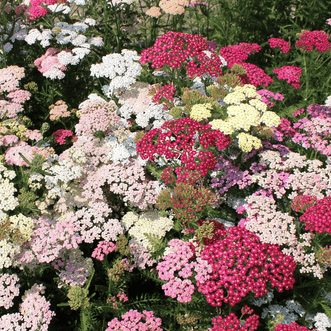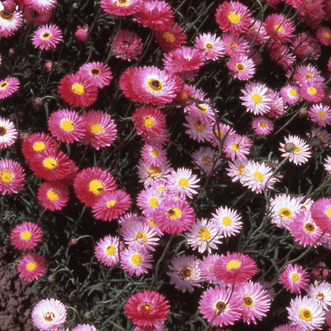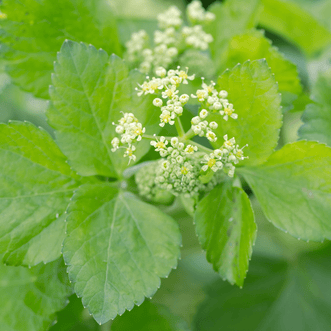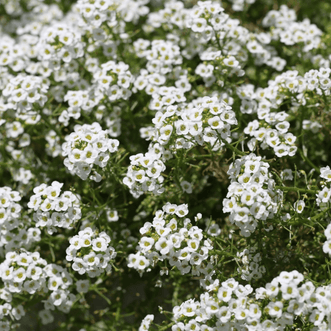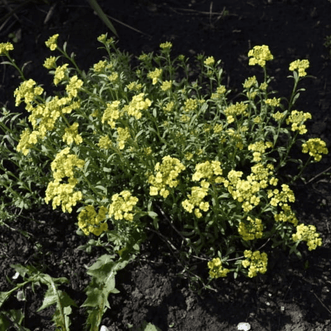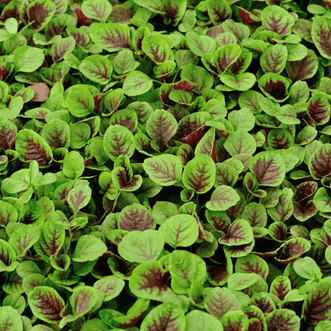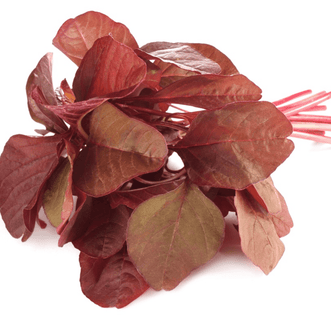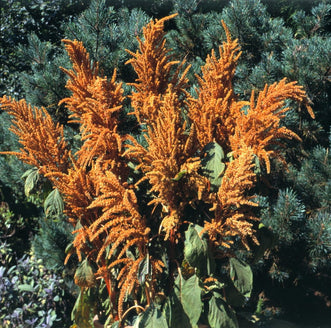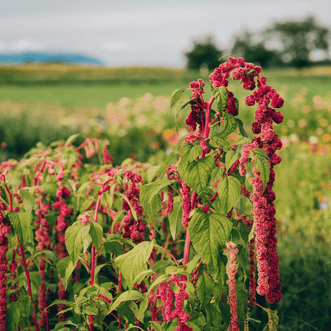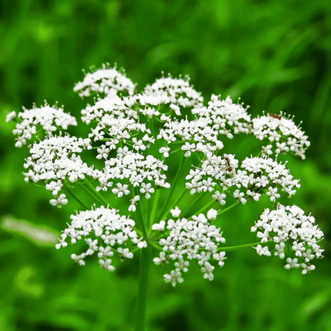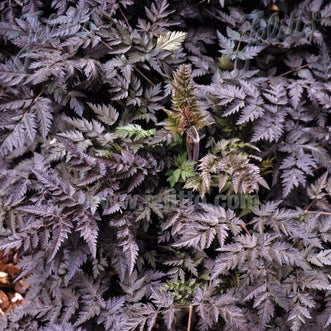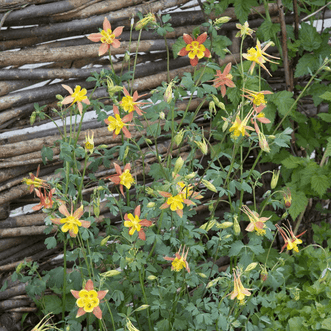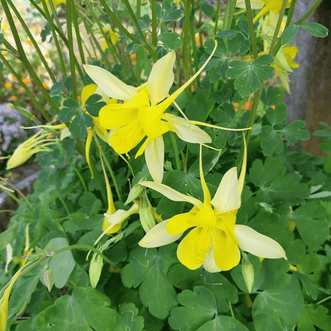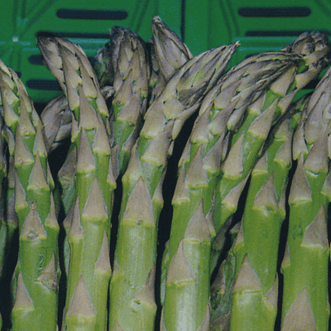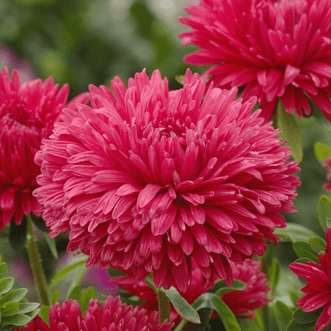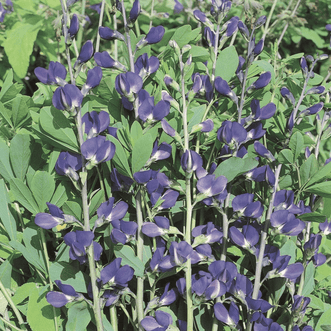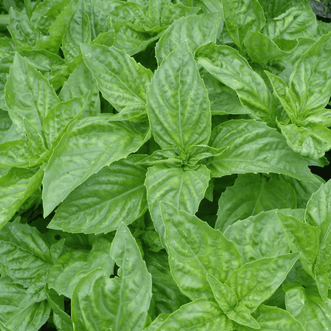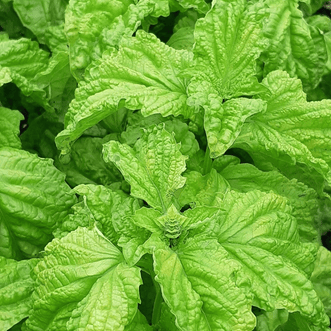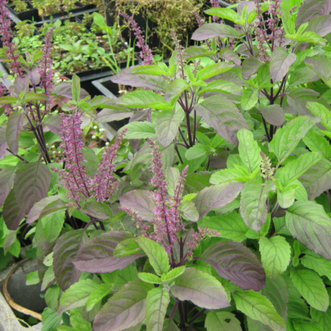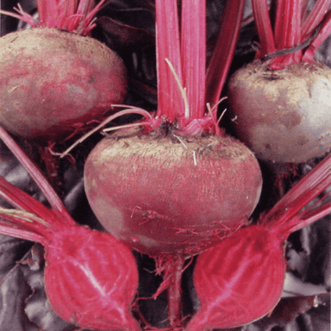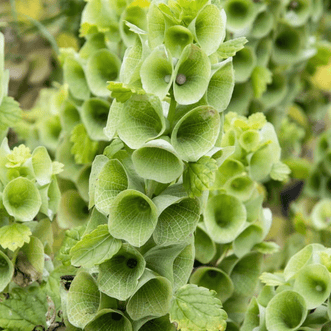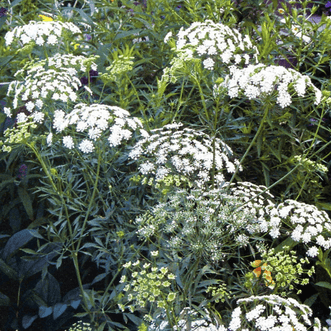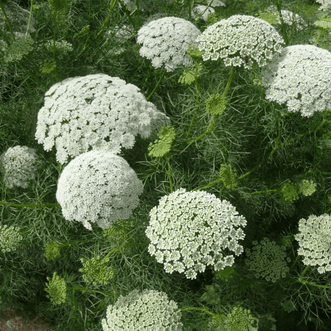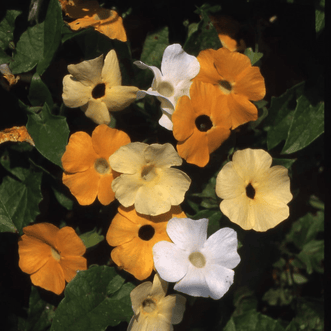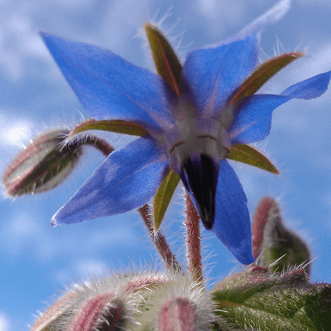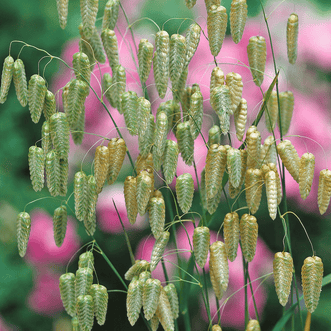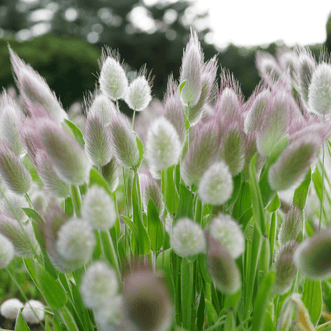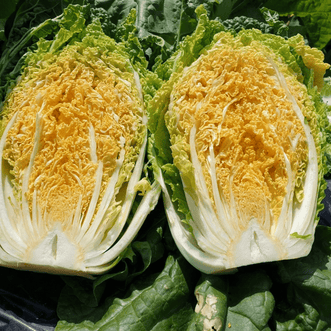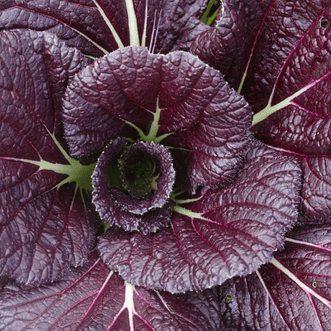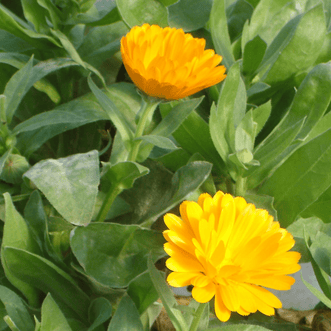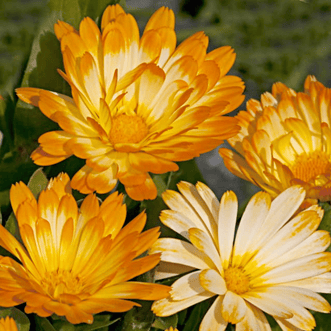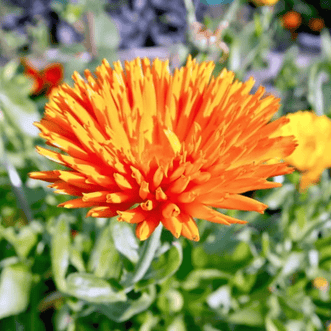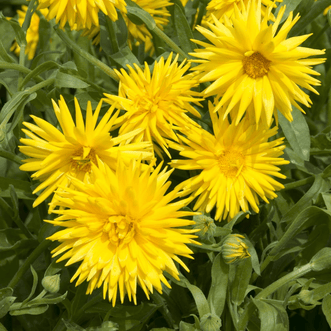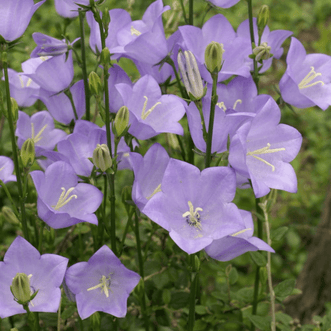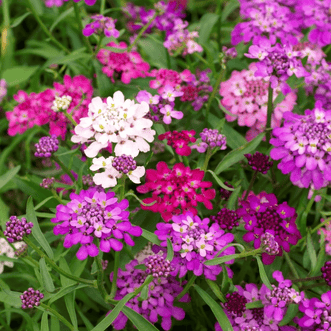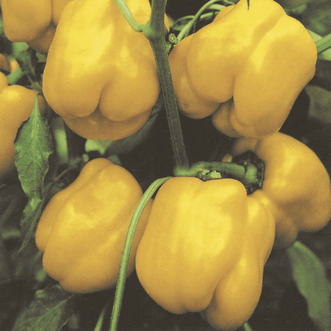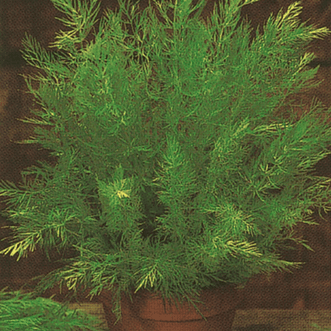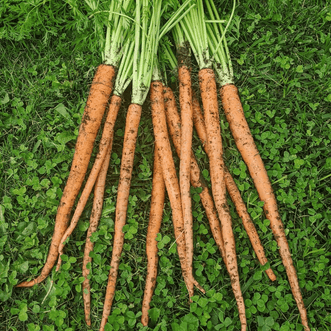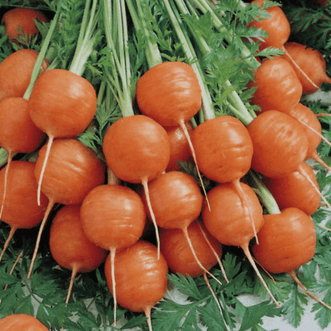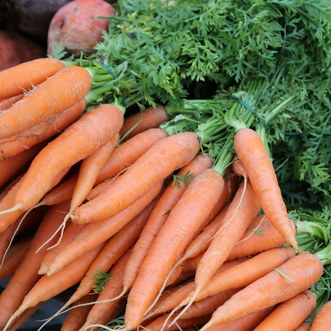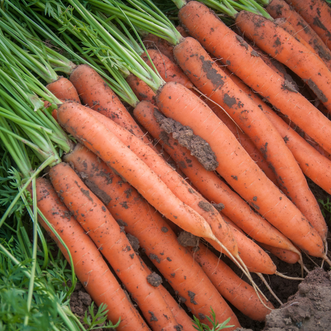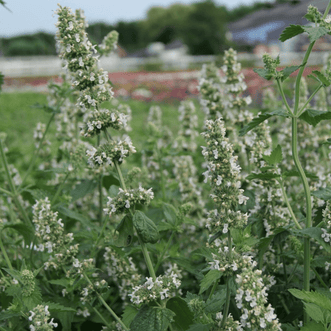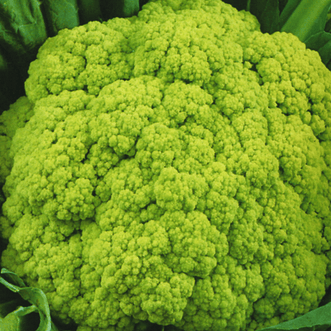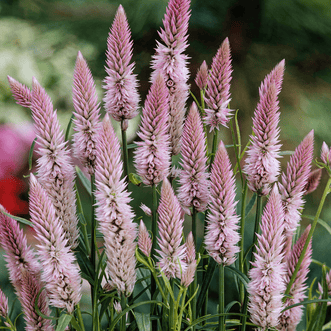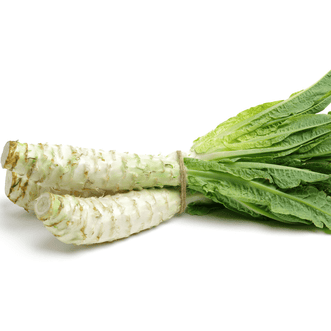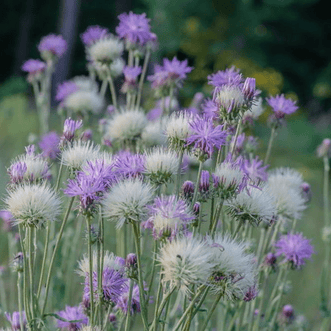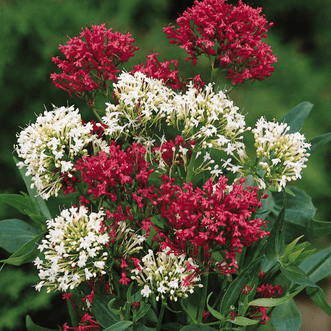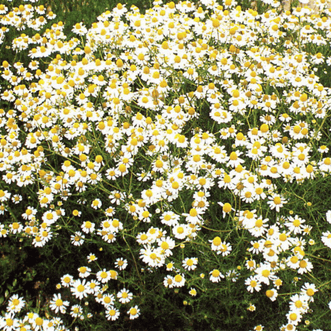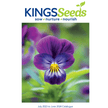Learning about Seeds
CarolynThe course was held over four days and we were amazed at how much material we covered in that time. The topics we covered ranged from information about the seed production industry in New Zealand, studying the structure of seeds, learning about growing, harvesting and processing seeds, through to laboratory seed testing, and storing seed. I can't speak highly enough of the lecturers - this quick blurb about the course won't do justice to the amount of material we covered in lectures and the laboratories over the four days. (Thanks Craig, Robert, Kay and Reece.)
We were far too busy to take any photographs while on the course but I have found a few photos to try to illustrate a bit of what we were doing....
Here are just a few of the things I learnt about the New Zealand seed production industry:
New Zealand grows more than 25,000 tonnes of grass seed per year, both for reseeding New Zealand pastures and for export.
The fact that our growing season here is opposite to that of the Northern Hemisphere means that we are able to produce seed ready for Northern Hemisphere Spring sowings.

Over 50% of the world's hybrid carrot seed is grown in Canterbury.
New Zealand also produces a lot of onion seed.
We visited one of the seed laboratories and saw how the seed is tested for germination, purity and vigour. It was fascinating to see the variety of tests performed at the lab - everything from visually checking seeds to checking root growth under ultraviolet light, performing germination tests under ideal growing conditions, testing seeds that have been chilled, checking for normal vs abnormal growth, even electrical conductivity testing. We really enjoyed our tour of the lab!

We also spent some time at the microscopes, having a look at the various seed structures in detail - no two seeds were the same - it was so fascinating to see what the inside of a capsicum seed looked like, with the tiny embryo ready to grow!
Some other course participants were from the seed processing side of the industry, so we were glad to have the chance to talk to them about how they process seed crops ready for sale and storage - there is a lot of science behind the moisture levels down to which they dry seed for optimum storage and viability and we really enjoyed finding out more about this side of the industry.
We were glad to get the chance to find about more about the different treatments applied to seeds and get more info about seed dormancy and seed storage. It was great to get the opportunity to learn more about seeds and we came home exhausted but really grateful that we had attended such a high quality and challenging course - thanks to Gerard who had the "seed" idea for this course and made it happen for us and also to Barb and the rest of the Kings Seeds team for holding the production fort for us while we were away! We're looking forward to the next one!

